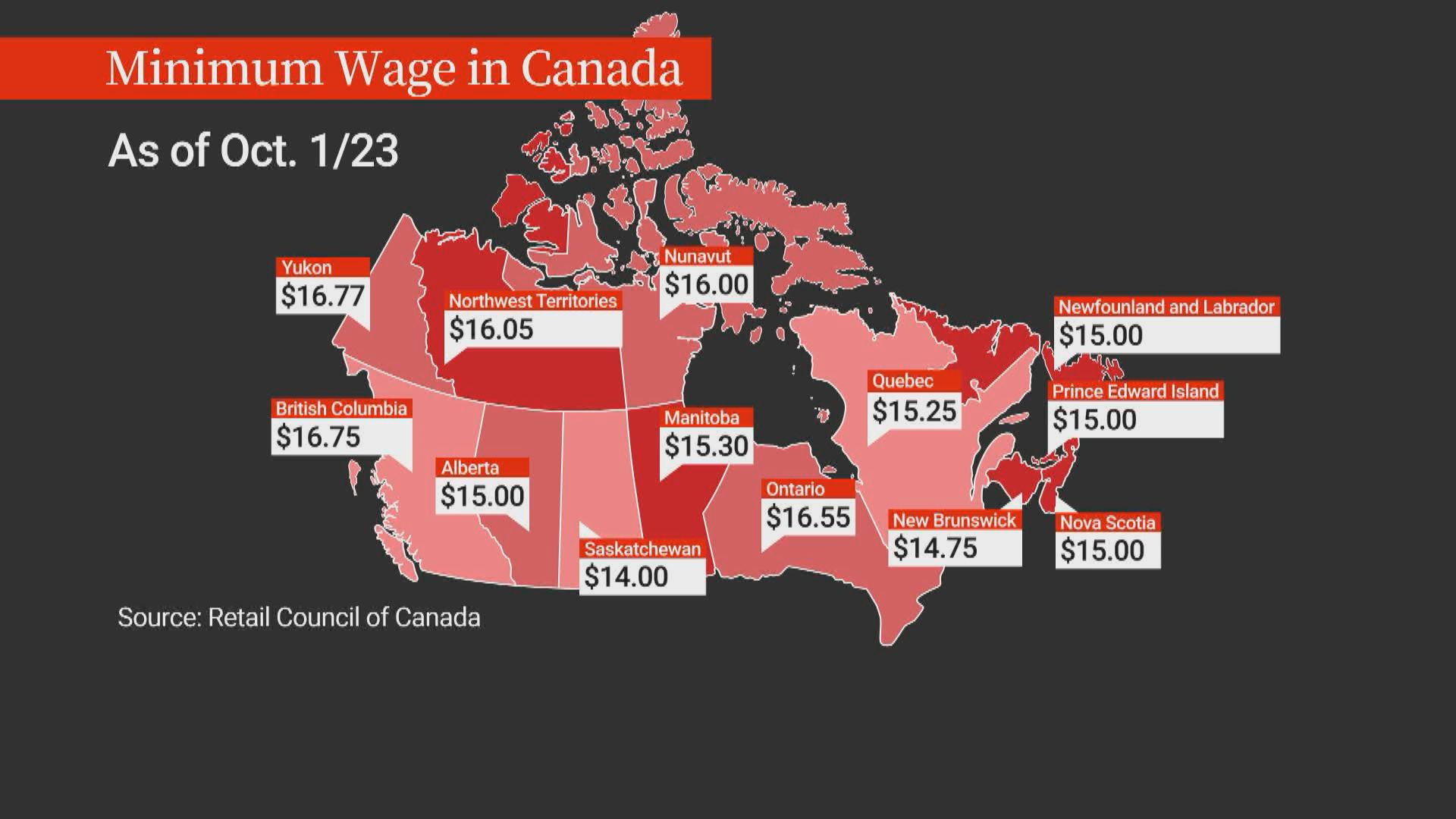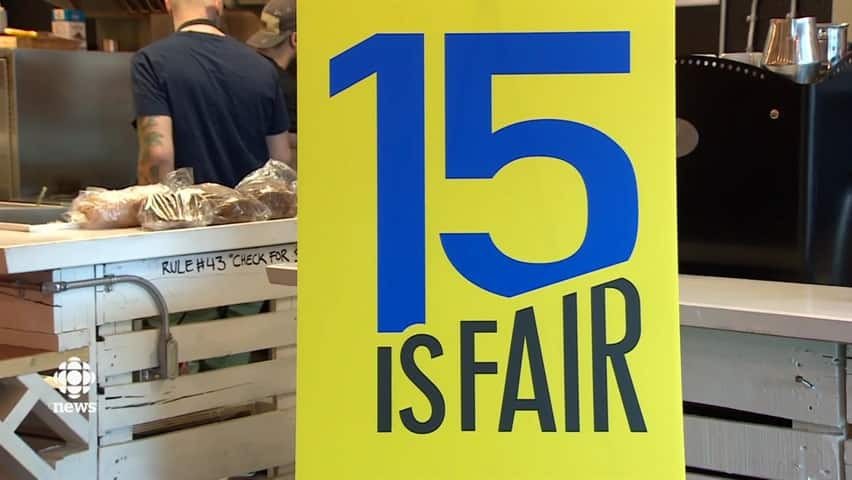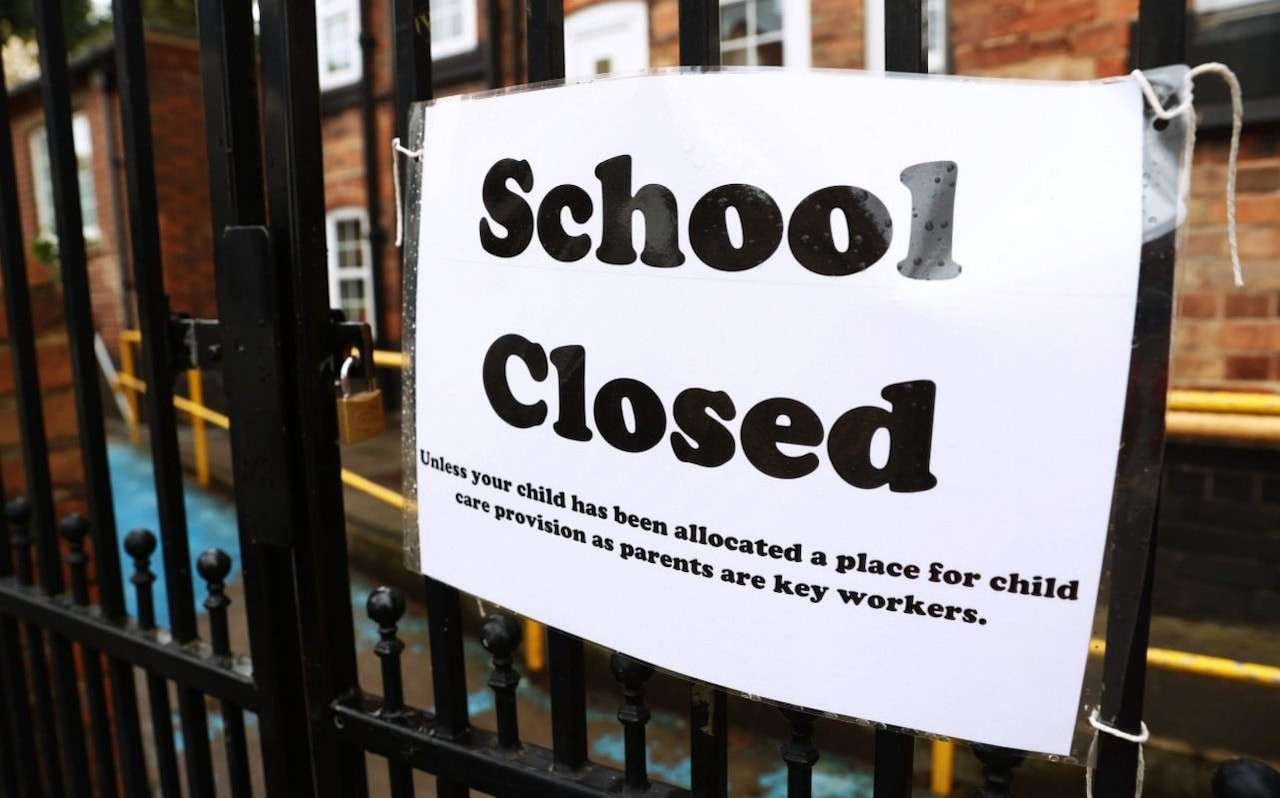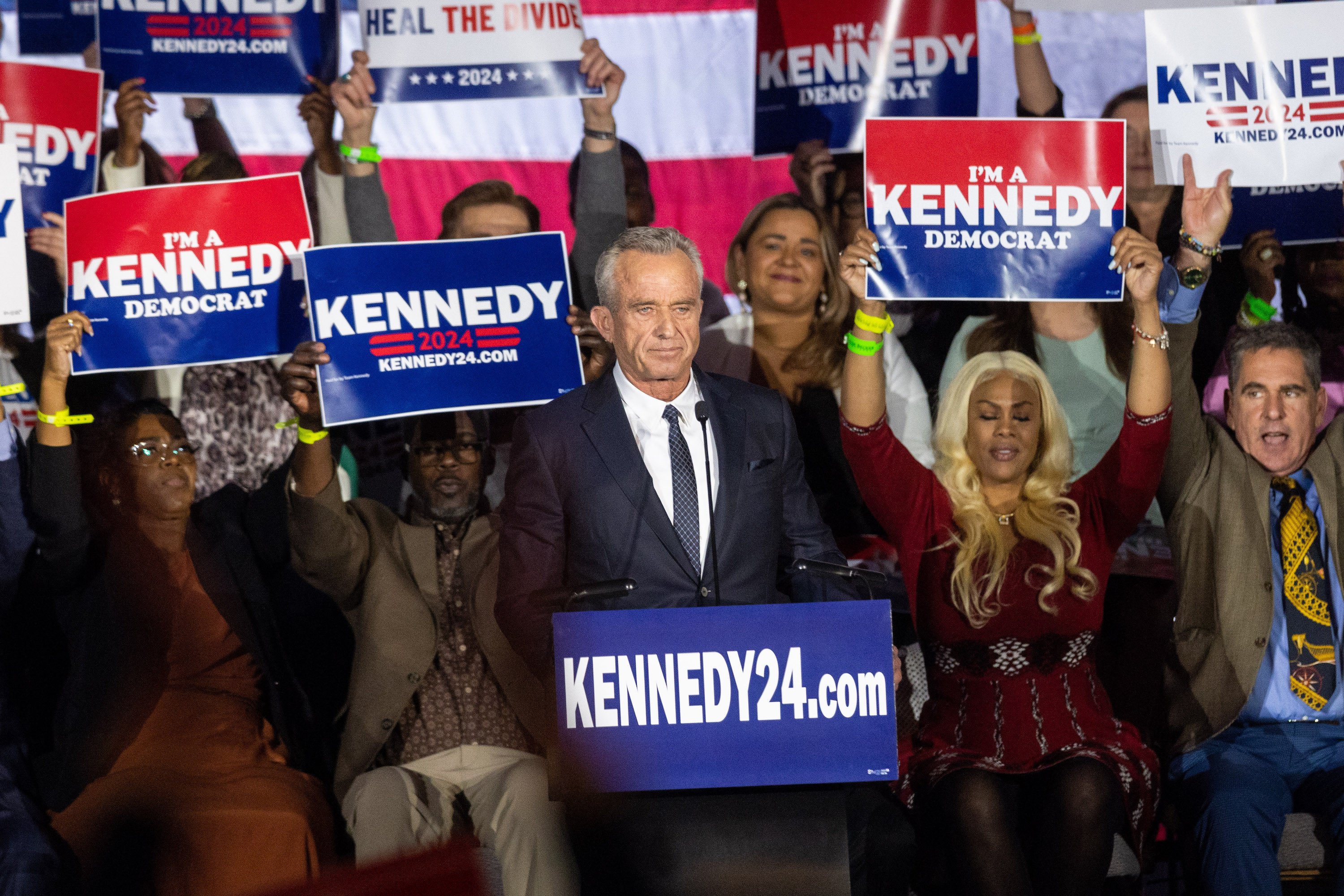Alberta's Minimum Wage Remains Frozen as Inflation Continues to Rise
Effective Tuesday, Alberta's minimum wage remains unchanged at $15 per hour, making it one of the lowest in Canada. This comes at a time when the cost of living has significantly increased, impacting the purchasing power of minimum wage earners. While other provinces like Ontario and Saskatchewan are increasing their minimum wages to address rising inflation, Alberta has seen no increase since October 1, 2018.
The Impact of Stagnant Wages on Workers and the Economy
The Alberta Federation of Labour (AFL) argues that Alberta's minimum wage earners have experienced a substantial loss in purchasing power over the past six years. According to Gil McGowan, president of the AFL, if Alberta's minimum wage had kept pace with inflation, it would be around $19 per hour today. This gap in wages has resulted in a decline in spending within the province, affecting the overall economy.
McGowan also points out that Statistics Canada data reveals that Alberta has the slowest wage growth among all Canadian provinces. This stagnation, he argues, is bad news for both workers struggling to meet rising living costs and for the broader economy.
The Government's Perspective on Minimum Wage
The Alberta government maintains that significant changes to the minimum wage could negatively impact small businesses, particularly those employing youth or those seeking part-time employment. They argue that increasing wages would increase operational costs, ultimately leading to higher prices for all Albertans. The government also emphasizes Alberta's low income tax rates, high personal income tax exemption levels, and lack of provincial sales tax as evidence that Albertans keep more of what they earn.
The Debate on Minimum Wage and its Impact on Small Businesses
The Canadian Federation of Independent Business (CFIB) advocates for a balanced approach to minimum wage increases. While not opposed to increases, they stress the importance of predictable, stable, and sustainable increases that are linked to tangible benchmarks like median wage or labor productivity. Sudden, unpredictable increases, they argue, can harm small businesses by forcing them to increase prices, cut staff, or even close down.
Public Interest Alberta, a non-profit organization dedicated to education and advocacy on public issues, argues that raising the minimum wage to a living wage can benefit small businesses by stimulating local spending. They believe that raising wages would allow minimum wage earners to spend more in the local economy, benefiting small businesses, grocery stores, and other local vendors.
The Need for a Living Wage in Alberta
The Case for Increased Minimum Wage
Supporters of a higher minimum wage argue that it's not only a matter of fairness but also a necessity for ensuring a decent standard of living for low-wage workers. The AFL, for instance, is advocating for a minimum wage increase that compensates for years of inflation, is automatically adjusted for inflation, and is closer to a living wage.
The Concerns About Economic Impact
Those who oppose significant minimum wage increases argue that they can have negative consequences for the economy, particularly for small businesses. They worry that increased labor costs could lead to job losses, price increases, and a decline in economic activity.
The Future of Minimum Wage in Alberta
The debate surrounding Alberta's minimum wage is likely to continue. The government has stated that they will monitor the situation closely and evaluate the appropriateness of the current minimum wage in light of changing economic conditions. Whether the government will ultimately decide to increase the minimum wage remains to be seen.
The current situation highlights the ongoing challenges of balancing the needs of workers with the concerns of businesses. As the cost of living continues to rise, the pressure for a minimum wage increase in Alberta is likely to intensify.
Conclusion: A Balancing Act for Alberta's Future
The future of Alberta's minimum wage is a complex issue with no easy answers. It requires careful consideration of the needs of both workers and businesses, along with the potential impact on the provincial economy. Finding a balance that addresses the concerns of all stakeholders will be crucial for ensuring a sustainable future for Alberta and its people.



















